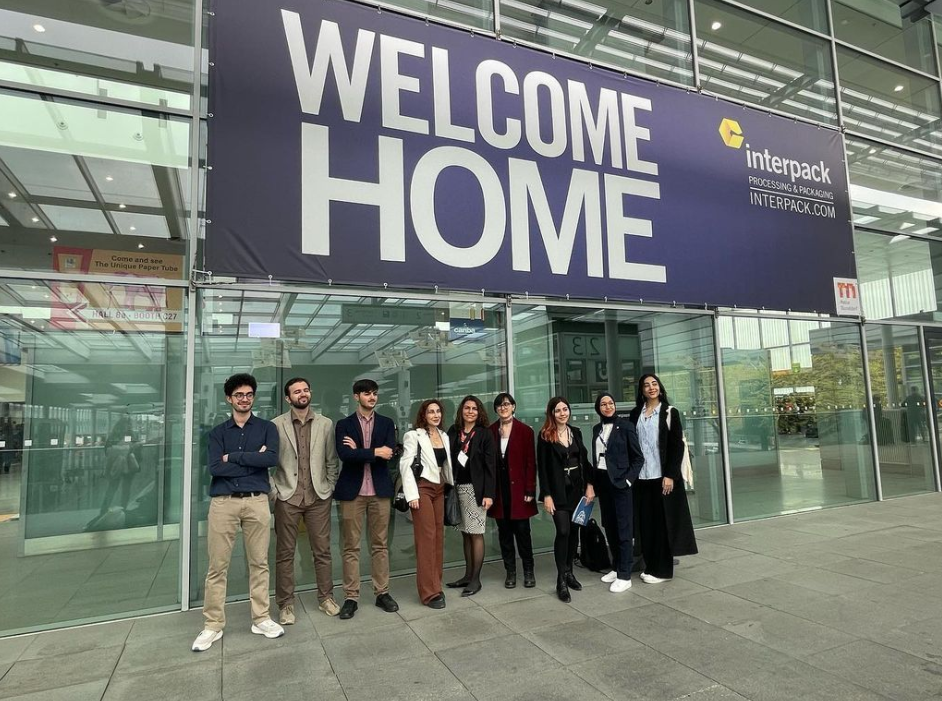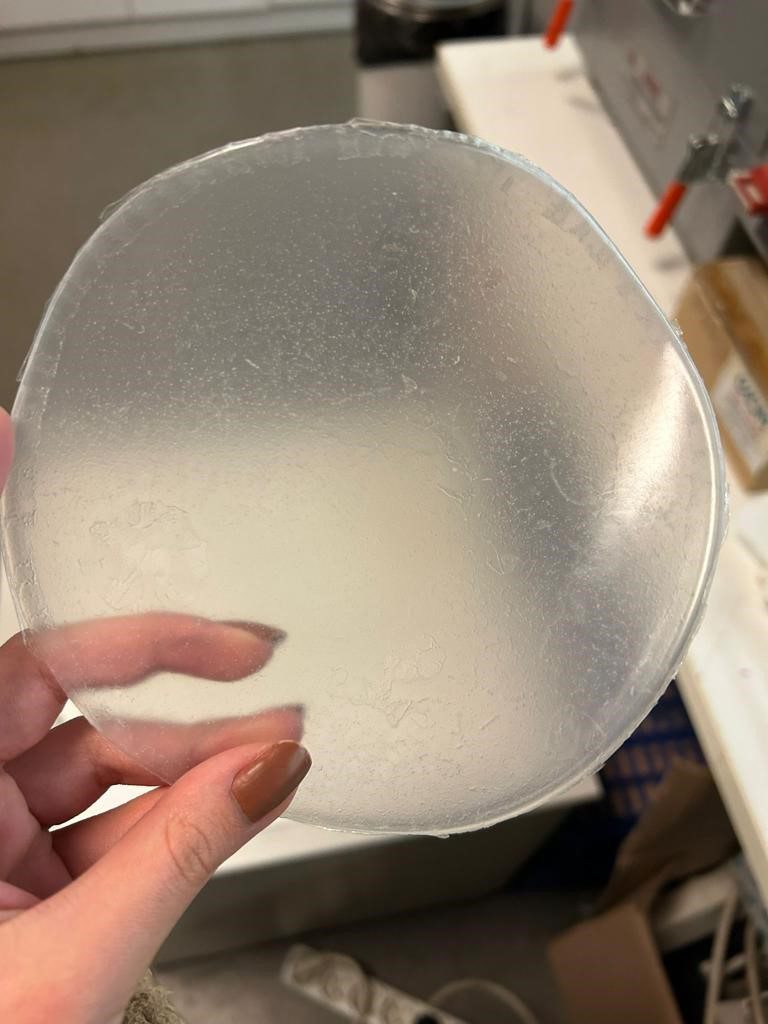Food production generates a lot of residual material, which is usually not put to use but disposed of. At the same time, there is an increasing demand for alternatives to plastic packaging. Biodegradable and compostable packaging can be a sustainable solution, especially if it is made of leftovers from food production. In a new SAVE FOOD research project, students of Bahçeşehir University (BAU) in Istanbul have developed interesting ideas regarding the matter.

“Bio-Based Packaging Using Food Waste Student Challenge (Student Competition for the Development of Bio-Packaging Using Food Waste/Byproducts)” started in October 2022 with the proposal of FAO Regional Office for Europe and Central Asia in partnership with Bahçeşehir University, Messe Düsseldorf GmbH and CIFAL Istanbul – UNITAR.
For this interdisciplinary research project, 28 students from different courses of study – bio-engineering and bio-medical engineering, industrial design, industrial engineering and management, computer engineering, molecular biology and genetics, electrical engineering/electronics and energy systems technology – have assembled in six teams. As preparation, they enrolled in courses on topics like food packaging, materials science, design thinking and applied nanotechnology. The project took off in the middle of December 2022, and the teams were given three months to complete their projects.The groups presented the results and the uniqueness of their work to the esteemed jury members who determined the two groups to represent BAU and CIFAL Istanbul at the Interpack Trade Fair in Düsseldorf in May 2023.
Six project ideas developed by students were as follows:
- SCOBY biofilm using tea waste as a novel packaging for dried foods (winner)
- PLA and rice husk integrated nano-film for the modified atmosphere packaging of strawberries (winner)
- 3D printed pectin film for confectionery
- Double-layered packaging made from banana leaves, mussel shells, and watermelon rinds
- Nano-film using pomegranate peel for meat packaging
- Beeswax-coated inner case for milk packaging

For example, for packaging dry foods, a bioplastic wrap made of kombucha SCOBY was developed, made from waste material of oranges and tea leaves. Another team implemented the idea of packaging strawberries under a protective atmosphere using integrated nano wrap made from PLA and rice husks. For sweets, one team developed a 3D printed pectin film, another produced double-layer food packaging from banana leaves, seashells and watermelon rinds. Packaging for meat, made from nano wrap and pomegranate peel, as well as a beeswax-coated inner sleeve for milk cartons, were also among the student teams’ ideas.
Two projects made it into the final selection of the jury: the SCOBY bioplastic wrap made of waste tea leaves and oranges and the protective packaging for strawberries made from PLA and rice husks. “All the concepts that were entered for the challenge have the potential – after some improvements – for practical use”, says Zeynep Tacer Caba, Assistant Professor at the faculty for engineering and natural sciences at Bahçeşehir University, who is responsible for the project. “The two chosen projects have especially good prospects with regard to practical applicability.” They have the potential to become truly sustainable, environmentally friendly solutions for the current problems in the food packaging sector. However, the groups who did not win are planning to continue their ideas as research projects.”

Both selected projects were presented at interpack within the forum Spotlight Talks & Trends in May 9, 2023. “The six groups of students have worked really hard to master numerous challenges, for example the selection and safety of food sources, the feasibility of their ideas, internal communication problems within the group or technical challenges regarding the experiments”, says Zeynep Tacer Caba. “All in all, they have learned how to develop a product all the way from the initial idea to the prototype.”
The kick-off for this innovative project was the regional conference “Enabling the change” hosted by the FAO in Istanbul in October 2022, which was dedicated to the framework conditions and innovations surrounding the reduction of food waste. The project partners are the SAVE FOOD Initiative, Messe Düsseldorf GmbH and CIFAL Istanbul, which is part of the United Nations Institute for Training and Research UNITAR, and Bahçeşehir University.

